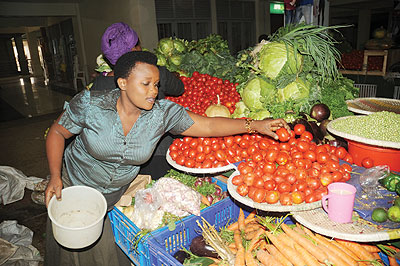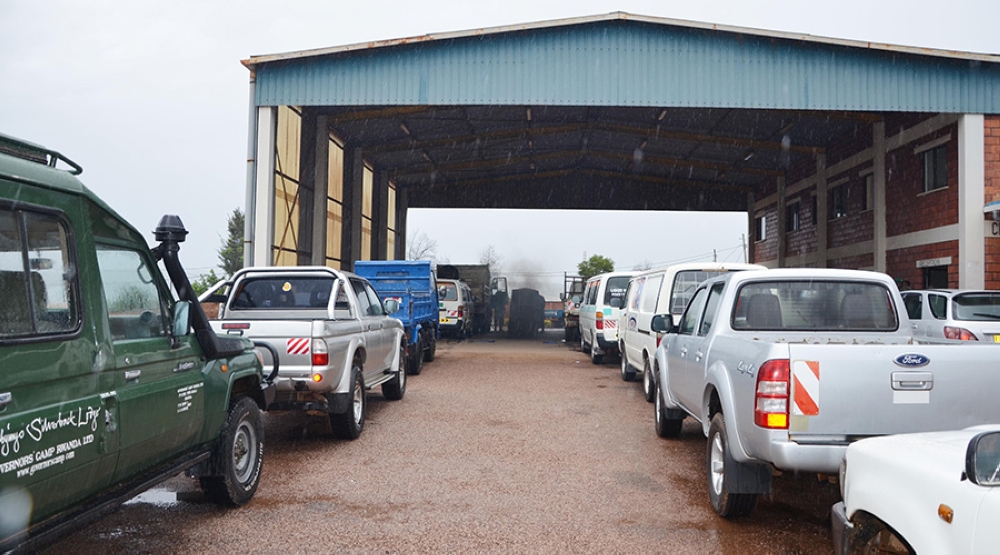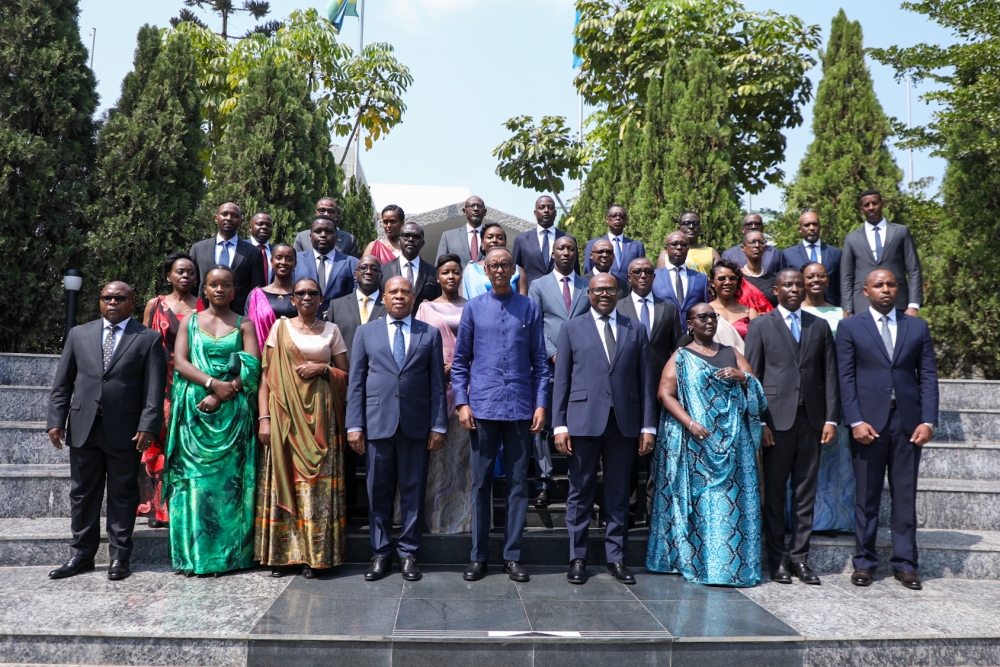Small-and-medium entrepreneurs, who are often constrained by lack of working capital, will soon be able to get financing after a local investment fund, Access to Finance Rwanda (AFR), rolls out a $2m (about Rwf1.3b) project to refinance micro-finance institutions and SACCOs across the country.


Small-and-medium entrepreneurs, who are often constrained by lack of working capital, will soon be able to get financing after a local investment fund, Access to Finance Rwanda (AFR), rolls out a $2m (about Rwf1.3b) project to refinance micro-finance institutions and SACCOs across the country.The initiative comes shortly after a new study by the Private Sector Federation released this month identified limited access to finance and high interest rates as main constraints to doing business in the country.Access to Finance Rwanda, established by the UK government in collaboration with the Ministry of Finance and Economic Planning and the National Bank of Rwanda, will channel the funds through banks for onward lending to micro-finance institutions and SACCOs. Vianney Kagabo, the finance and procurement administrator at Access to Finance Rwanda, said the funds would be in form of refundable grants, loans and subordinate debt - a kind of lending that is not based on market interest rates."This is the first phase, and the funds will be provided at zero interest. In the second phase, we will be able to offer non-refundable grants,” he said in an interview with Business Times last week.Kagabo said, in future, Access to Finance Rwanda will offer loan guarantees to financial institutions with products that target lending to the poor and financially-constrained small enterprises, which do not have collateral."We want to reach as many people as possible. While we cannot reach them, banks have such initiatives and products,” he said. Access to Finance Rwanda has invited banks and other financial institutions with products that target financially marginalised individuals or groups to apply for the funds."The overall aim of Access to Finance Rwanda is to help more people and small businesses achieve greater and more effective access to a deeper financial system in Rwanda,” Kagabo said. Beneficiary institutions are expected to lend the money at interest rates that are below the current market rates.According to Kagabo, most SACCOs lack working capital and are, therefore, constrained to lend to members. Yet in SACCOs, Access to Finance Rwanda will have the most organised channel through which to deepen access to finance among Rwandans. Indeed, most Rwandans, about 49.4 per cent of the adult population, trust Umurenge SACCOs with their funds, according to FINSCOPE 2012 survey on financial inclusion. Umurenge SACCO products are more likely to be actively used than bank products, especially in rural areas, according to the study.The Access to Finance Rwanda project is funded by the Department for International Development (DFID), a UK government agency that works to end extreme poverty, the World Bank and German Development Bank.






